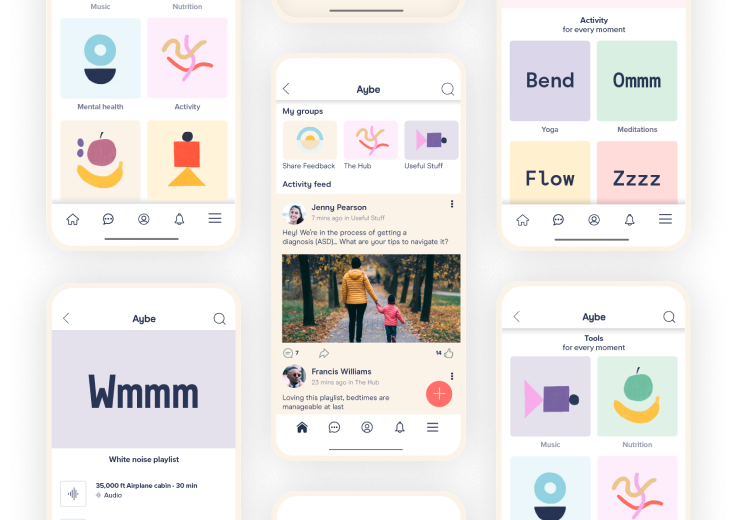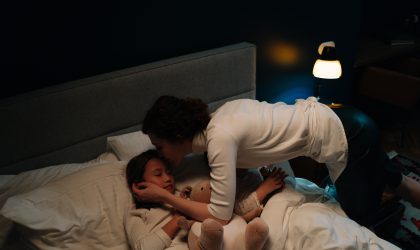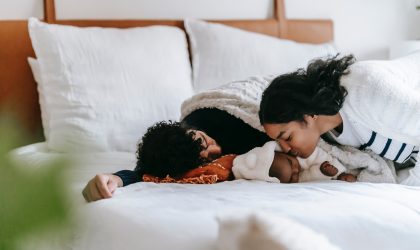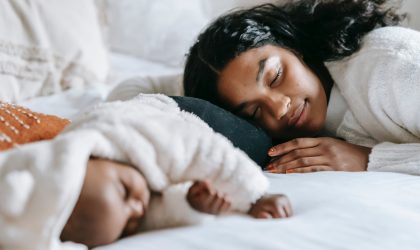What Parents Need to Know about Sleep Difficulties in Kids with ADHD and Autism
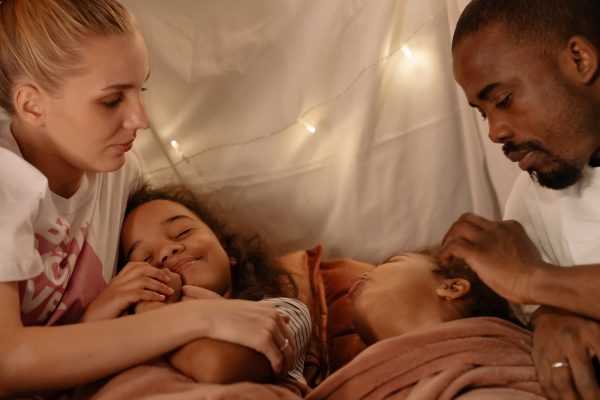
Have you ever noticed that getting a good nights’ sleep can be a struggle with certain neurodiverse conditions? Add in that a lack of sleep can amplify other symptoms, which may make sleep even more tricky, and it just keeps cycling from there. This post examines how neurodiverse conditions can cause sleep difficulties.
It’s common for ND kids and adults alike, and it’s an important topic. Good sleep health is so important! Knowing what that looks like, where roadblocks and struggles can come from, and how to create a more sleep-supportive routine and environment can be a big help for getting enough sleep. In turn, this can help avoid the impacts of sleep deprivation.
Join the Community
Download the app to access more specialist advice, community support and wellbeing tools.
Join today as a Contributor member to gain free* access!
Download now
*Free access, in return for contributing to Aybe on a weekly basis, for example by commenting, liking, responding to feedback requests. See Terms & Conditions.
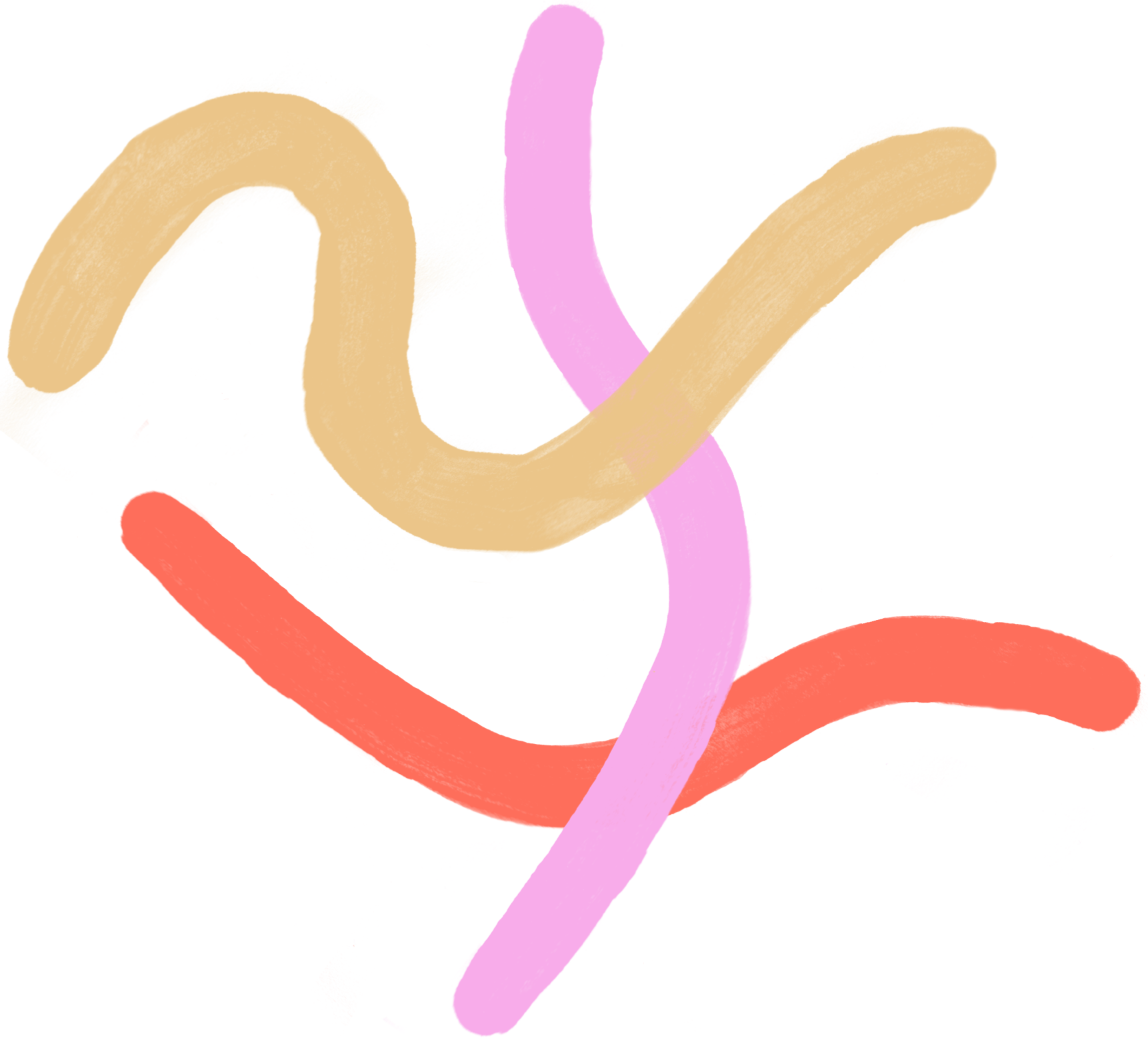
What does normal sleep look like?
Rest and sleep are topics mentioned frequently because of their influence on health and daily quality of life. The shifts to everyone’s schedules (and stress levels) over the last few years have made them more relevant than ever. Most people know that adults typically need about 7-9 hours of sleep each night, but few people hit that goal! Kids need even more, with school-aged kids between 6-12 years of age needing 9-12 hours a night and 8-10 hours a night for teens between 13-18 years of age.
The fact that so many adults and kids don’t get those needed hours can lead to:
- Struggles with emotional and behavioral regulation.
- Difficulties with memory, learning, concentration, and lowered cognitive function.
- A higher risk of health issues like diabetes, obesity, accidents and injuries, potential self-harm, and mental health conditions like depression.
It’s not just the correct amount of sleep, but the quality, too. When a person gets a full and sufficient night of sleep, they’ll cycle through stages of lighter sleep until they reach the REM (Rapid Eye Movement) stage. This cycle in and out of the REM stage is what gives the highest quality of sleep. It is also most likely to leave you feeling well-rested.
What does disrupted sleep look like in ADHD and ASC?
Chronic sleep deprivation tends to compound, so these heightened struggles can build on each other and have a noticeable impact on quality of life. The ways that disrupted sleep shows up for neurodivergents can vary, but typical issues can include taking more time to fall asleep, light sleep cycles that prevent sufficient time in the REM stage, heightened anxiety or depression symptoms at bedtime, insomnia, or variable sleep patterns.
It can also be common for ADHDers to find they are more “evening types”, even having Delayed Sleep Phase Type, or DSPT (a tendency to go to bed and wake up later than most people). This can be tied to the timing of their Melatonin Onset or the amount of Melatonin their bodies release. There is evidence that ASD can lead to lower levels of Melatonin as well.
Some other signs of disrupted sleep for ADHDers and Autistics can be found throughout the day, like taking longer to wake up in the morning, sleepiness during the day, or behavior dysregulation.
Long term difficulties with sleep can impact physical health, too. Shift work that causes sleep loss has been linked to certain cancers happening at higher rates and statistics have shown that ADHDers may have higher levels of obesity, cardiovascular and gastro-intestional issues, diabetes, and some difficulty regulating BMI measurements and eating patterns.
If you’d like to find out more about whether ADHD causes sleep problems or vice versa, listen to Prof Sandra Kooij’s video here.
What can we do about it?
First, it helps to know what you’re starting with, what it’s potentially impacting, and what you’d like to see happen instead. All the changes you can make will only matter if they make sense for your situation!
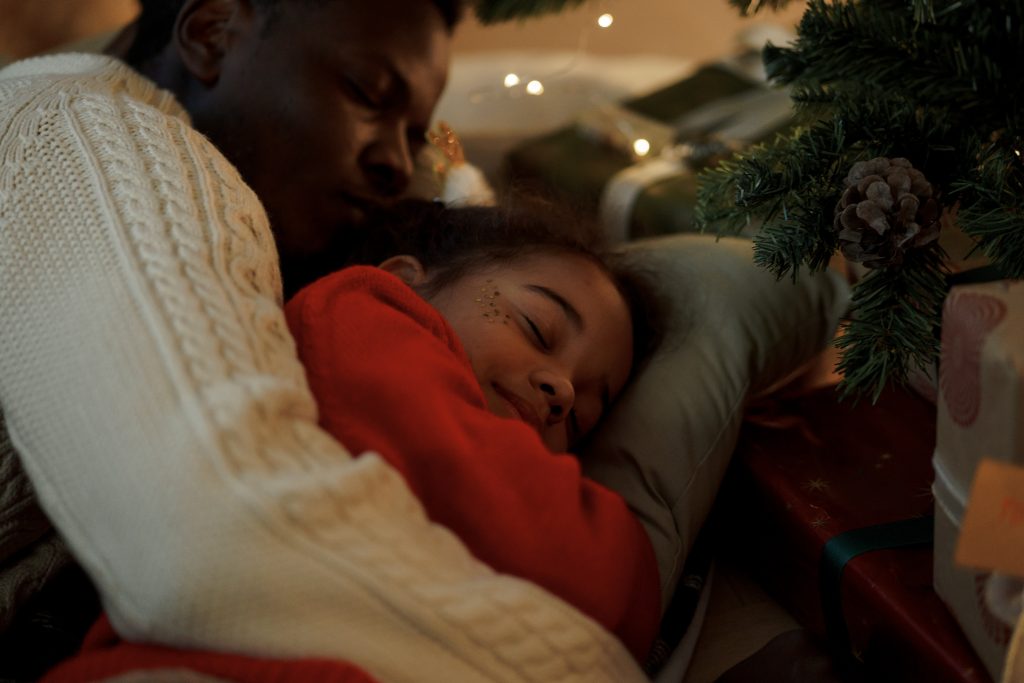
Here are some things you could do now:
-
Sleep Audit
Start to keep track of what’s happening day to day. Don’t stress about making big changes yet, there’s no right or wrong here. This is about gathering information. Look at when and how sleep is happening, what your sleep set up is, keep a running list of how it seems like it may impact energy, mood, symptoms, and performance at tasks you care about throughout each day.
-
Sleep Goals
Take some time to outline what you would like to see for sleep habits and daily impact. If you want to make changes, it will help to know what you’re aiming for and the steps that you’ll be able to celebrate as success along the way.
-
Sleep Solutions
Look into research and possible advice. We’ll be sharing more in our upcoming article “Sleep Solutions for Neurodivergents: 5 Lifestyle Hacks to Improve Your Sleep”
Have you checked out our Bed Time and Deep Sleep Music Playlists? Just make sure you don’t fall asleep at your desk while listening to them!
Let us know any sleep problems you have experienced and what you’d like to learn more about in the community!
Join the Community
Download the app to access more specialist advice, community support and wellbeing tools.
Join today as a Contributor member to gain free* access!
Download now
*Free access, in return for contributing to Aybe on a weekly basis, for example by commenting, liking, responding to feedback requests. See Terms & Conditions.

An Important Note: Our initial focus here at Aybe is on some of the most common genetically inherited neurodivergent conditions such as Autistic Spectrum Condition and ADHD, but we’d love to hear your stories and your requests and feedback on any area you’d like to have more information on as we grow.
